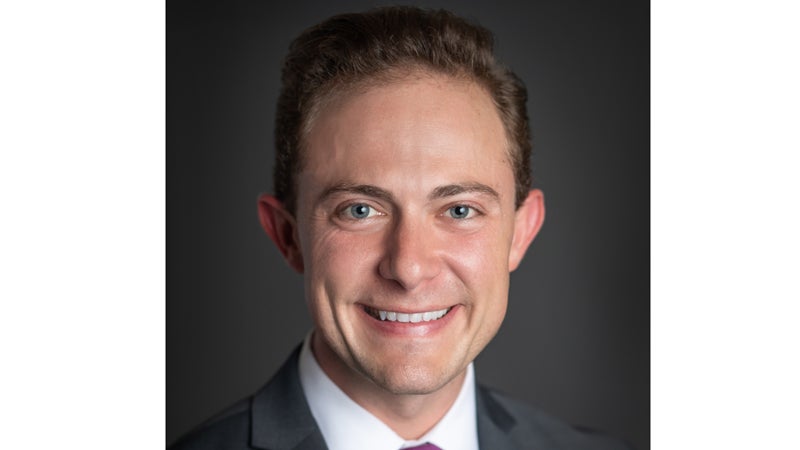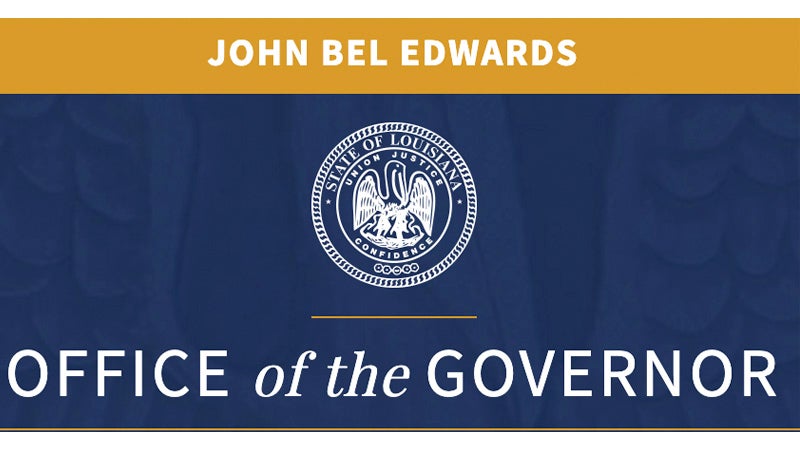New law authorizes Tourist Commission to raise hotel taxes; Tax not raising at this time, executive director says
Published 12:03 am Saturday, June 22, 2019

- Buddy Boe
LAPLACE — Under new Louisiana law, the River Parishes Tourist Commission has the authority to levy and collect up to four percent of the rent or fee charged for hotel occupancy.
The Tourist Commission was previously authorized to collect two percent taxes on hotel occupancy to provide funds for the operation, according to Executive Director Buddy Boe.
However, this change in authority does not represent an immediate hike in hotel taxes.
The Tourist Commission simply has the option to raise the rate from two to four percent, Boe said, adding any changes in policy must be discussed and voted on.
“It increased our authority for our occupancy taxes. It did not increase the tax,” Boe said. “It doesn’t mean the tax is going to be implemented tomorrow or 10 years from now. That implementation of that increase has to be done by the board. There’s a whole process to it.”
According to Boe, the River Parishes Tourist Commission has been at a two percent authority for years, while similar sized tourist commissions across Louisiana have between three and five percent authority.
He doesn’t expect the River Parishes Tourist Commission, representing St. John the Baptist, St. James and St. Charles parishes, will vote to increase the tax this year.
“Financially, the occupancy taxes have been very good for us this year, and our stakeholders, I believe, are satisfied with the representation we’ve been doing,” Boe said.
House Bill 590 was discussed and voted on among the nine Tourist Commission board members at a special May 30 meeting. At that point, it was already progressing through state legislature.
Governor John Bel Edwards signed the bill into law this month, to become effective Aug. 1.
Occupancy taxes from hotels/motels, RV Parks, short-term rentals, bed and breakfast accommodations and plantations offering overnight stays comprise the majority of Tourist Commission funding.
Those funds are used to promote the region through tradeshows and multimedia.
There were several other small changes introduced through the bill that became law this month, including authorization for the River Parishes Tourist Commission to oversee film studio operations and docking facilities.
The St. John Community Center is classified as a film studio.
Authorization to manage docking facilities opens the door to a proposed cruise terminal, Boe said, adding the old ferry landing in Vacherie is being looked at as an area for future construction.
“It’s equidistant between the cluster of attractions on the west banks of the parishes,” Boe said. “You’ve got the cluster of the Whitney plantation and Evergreen on one end. You’ve got the cluster of Oak Alley, Laura and Joseph on the other end.”
The site is also conveniently located near the Veterans Memorial Bridge, Boe said.
If constructed, the cruise terminal would be land leased to and maintained by the Port of South Louisiana. The River Parishes Tourist Commission would work with outside companies to create and oversee tour packages.
St. John Parish Councilman At-Large Larry Sorapuru Jr. said he would like to see the Tourist Commission welcome more input from local businesses and elected officials.
“Why not look at the Edgard/Reserve ferry landing?” Sorapuru said. “Did the economic development team from St. John have input into this? Did the team from St. Charles and St. James?”
Sorapuru said communication on the bill could have been better, noting at least one Tourist Commission board member had no knowledge of the bill until it was already in the Senate.
“I’m not saying it’s not a good bill,” Sorapuru said. “I’d just like to make it clear that the public needs to be aware a bill was passed in the legislature to raise the taxes and was not supported by the council members. The legislature supported that bill based on a recommendation from the tourist commission, not the council. If we’re going to compete with New Orleans for tourist and hotel business, to me, we wouldn’t want to raise the taxes.”
Other changes introduced by House Bill 590 include the Tourist Commission’s authority to meet more than once a month and receive state and federal funds.
The new law also mandates the Commission shall not participate in activities that directly compete with private business.





